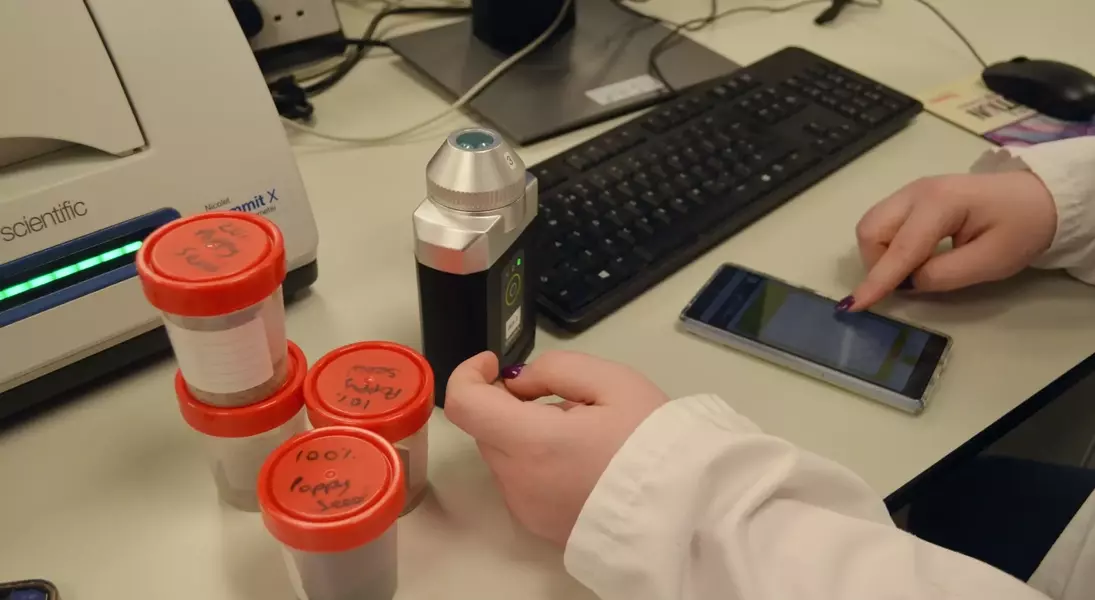
Innovative solutions are emerging to address the critical issue of food fraud, particularly in the authentication of herbs and spices. A cutting-edge web-based platform developed by Storm Reply, in collaboration with UK-based Bia Analytical, is set to revolutionize how authenticity is verified across the food industry. This advanced system integrates sophisticated chemometrics, artificial intelligence, and spectroscopy techniques, delivering rapid and accurate results that can be accessed instantly through user-friendly dashboards. The technology promises to streamline operations for food testing laboratories and other stakeholders along the supply chain, offering a faster and more cost-effective alternative to traditional methods.
The new platform's accessibility and versatility make it an invaluable tool for professionals working in diverse locations. By connecting to handheld spectrometers, the portal enables real-time data sharing and simultaneous access via standard web browsers. This connectivity supports enhanced audit and quality control processes, crucial for maintaining high standards in the food industry. Government agencies, manufacturers, and retailers have already begun using these portable devices to screen herbs and spices, ensuring compliance and safety. The development follows concerning findings from a 2021 EU study, which revealed significant adulteration in the herb and spice market, with oregano being particularly affected. The potential applications of this modeling technology extend beyond spices to include other high-risk commodities like meat, fish, soybeans, cocoa, and coffee.
The impact of this technology on food safety and security cannot be overstated. As supply chains become increasingly complex, the risk of fraud grows, making faster and more comprehensive testing essential. By leveraging cloud-based scientific models, the platform significantly boosts testing capacity while freeing up experts to focus on developing new models for other products. Initial trials conducted in partnership with Reading Scientific Services Ltd (RSSL) have shown promising results, confirming the technology's accuracy and security. Moving forward, the rollout to additional food testing labs will further enhance quality control processes, benefiting both large-scale manufacturers and grocery retailers alike. Embracing such innovations not only strengthens consumer trust but also promotes ethical practices throughout the food industry.
